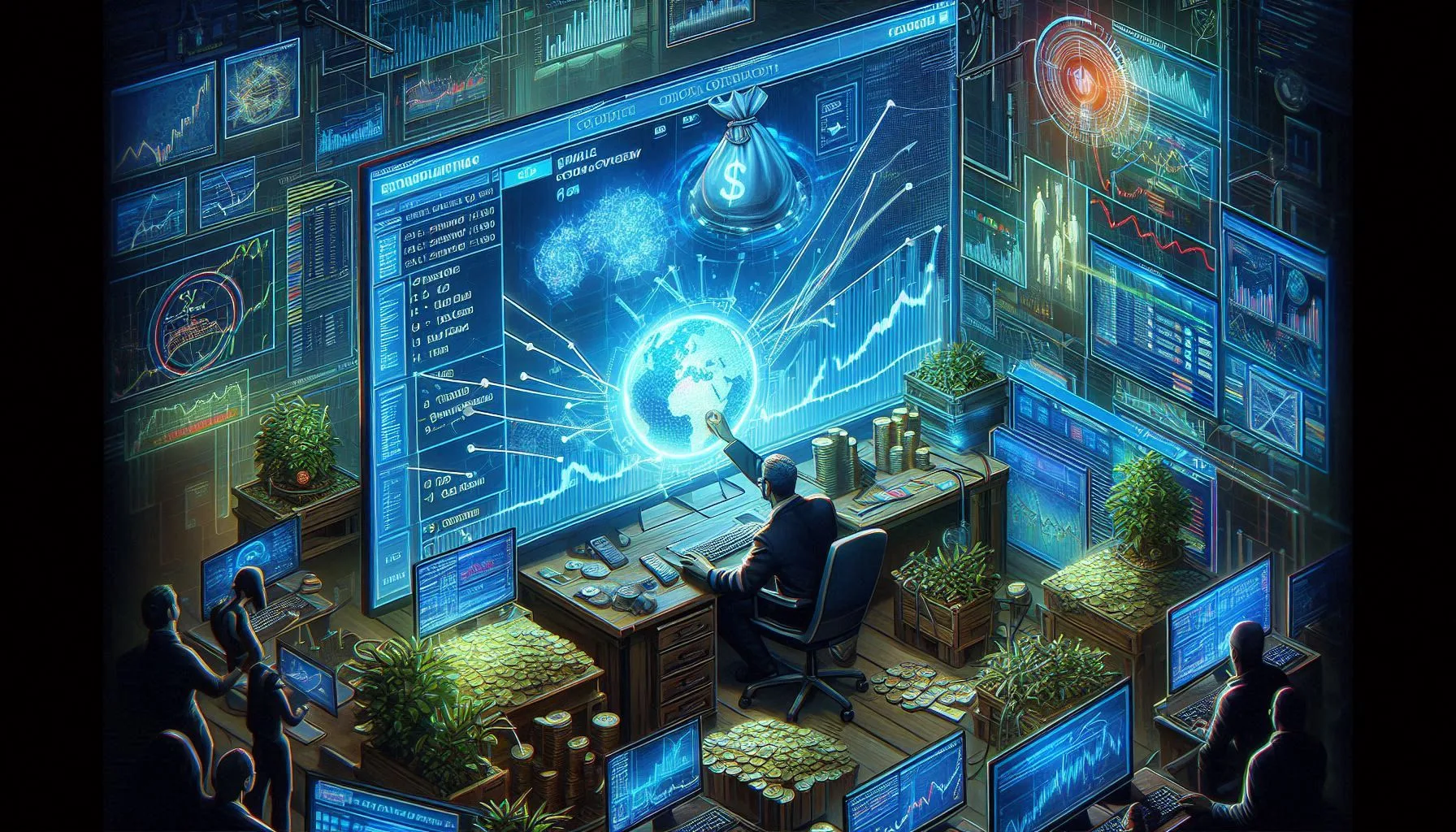Introduction
In the world of online gaming, in-game economy systems play a crucial role in shaping the player experience. These systems simulate real-world economic principles, such as supply and demand, market competition, and resource management, to create a dynamic and immersive environment. However, as with any economic system, there are always those who seek to exploit its weaknesses to gain an unfair advantage. This blog delves into the tactics used to exploit in-game economies, the impact on the gaming community, and measures that developers can take to combat such exploitation.
Understanding In-Game Economies
In-game economies are designed to mimic real-world economic systems. They include virtual currencies, marketplaces, and resource management, where players can trade items, buy upgrades, and invest in various assets. These systems are often integral to gameplay, providing incentives for players to engage in activities that drive the game’s progression.
Common Exploitation Tactics
- Market Manipulation: One of the most common forms of exploitation involves manipulating the in-game market. This can be achieved by creating artificial shortages of resources or items, driving up their prices, and then selling them at a premium. Players may use multiple accounts or automated bots to control market conditions, ensuring they benefit from inflated prices.
- Resource Hoarding: Players may hoard valuable resources or items to create scarcity. By amassing large quantities of these resources, they can exert control over the market and dictate terms for other players. This tactic often involves extensive farming or the use of bots to gather resources at an accelerated rate.
- Price Exploitation: Some players take advantage of fluctuations in in-game currency value to make a profit. They may buy items or resources when prices are low and sell them when prices increase, capitalizing on the economic volatility within the game.
- Botting and Automation: The use of bots and automation tools to farm resources, perform trades, or manipulate market conditions is a significant issue. These tools can operate 24/7, giving exploiters a constant advantage over regular players who engage in manual gameplay.
- In-Game Currency Duplication: Exploiting vulnerabilities in the game’s code to duplicate in-game currency or items can disrupt the economy. This tactic often involves exploiting bugs or glitches that allow players to generate unlimited resources.
Impact on the Gaming Community
The exploitation of in-game economies can have several detrimental effects on the gaming community:
- Economic Imbalance: Exploitation creates an uneven playing field, where players who do not engage in unethical practices are at a disadvantage. This can lead to frustration and a diminished sense of achievement for those who play fairly.
- Decreased Trust: When players perceive that the game’s economy is being manipulated, trust in the game’s integrity and fairness can erode. This can drive players away and harm the game’s reputation.
- Increased Developer Workload: Addressing and fixing exploits requires significant time and resources from developers. This can divert attention away from new content and improvements, affecting the overall quality of the game.
Mitigation Strategies
Developers and game publishers can take several steps to mitigate exploitation in in-game economies:
- Regular Monitoring and Analysis: Implementing systems to monitor in-game transactions and market trends can help identify suspicious activity and potential exploits.
- Robust Anti-Cheat Measures: Developing and deploying advanced anti-cheat technologies can prevent the use of bots and automation tools. Regular updates and patches can address vulnerabilities that may be exploited.
- Player Reporting Systems: Providing players with easy-to-use reporting tools can help identify and address issues related to market manipulation and resource hoarding.
- Balanced Economic Design: Designing in-game economies with built-in checks and balances can reduce the impact of exploitation. This includes setting reasonable limits on resource acquisition and market transactions.
- Transparency and Communication: Keeping players informed about the measures being taken to address exploitation and involving them in the process can help maintain trust and engagement.
Conclusion
Exploiting in-game economy systems for power can significantly disrupt the balance and fairness of online games. By understanding the tactics used and implementing effective mitigation strategies, developers can help preserve the integrity of the gaming experience. As players, it’s essential to support fair play and report any suspicious activity to ensure a vibrant and balanced gaming community.

